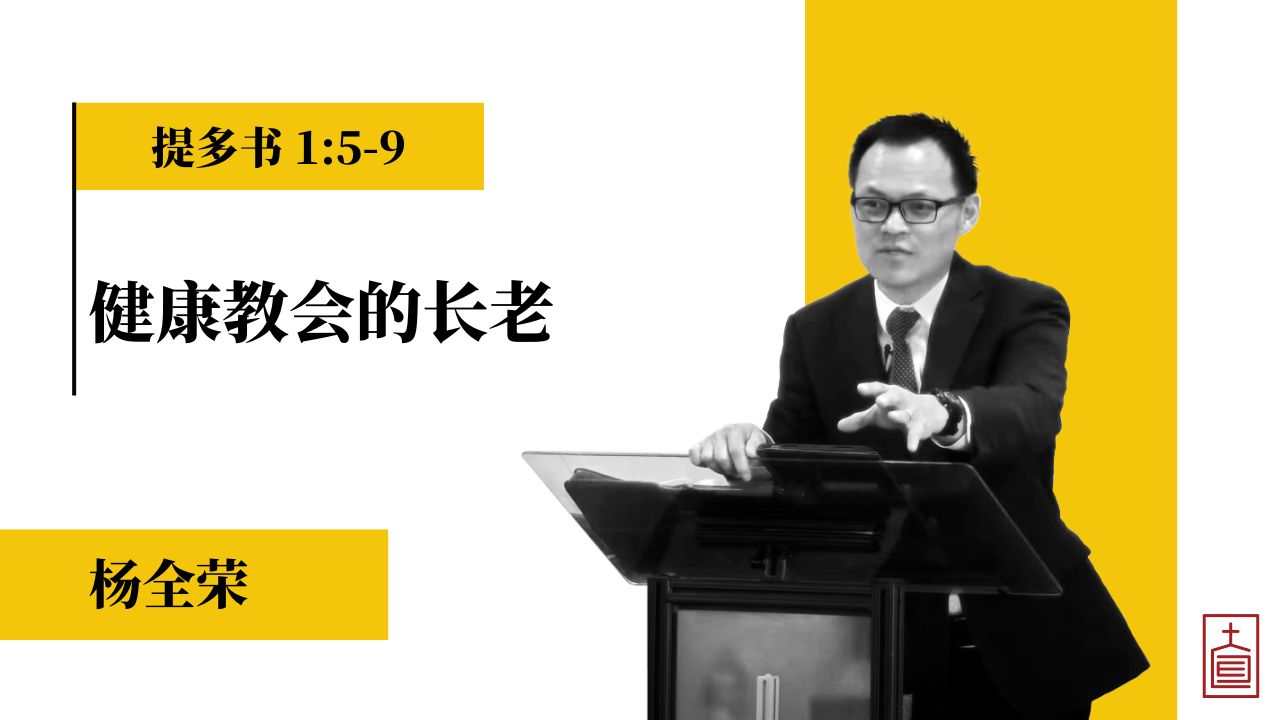Elders of Healthy Church (Titus 1:5-9)
Introduction: A Healthy Church and the Qualifications for Elders Friends, God’s chosen people and friends, peace to you this Lord’s Day morning. I hope you know why I call you brothers and sisters, God’s elect. It’s because we are currently studying a book called the Book of Titus. The beginning of Titus says it is … Read more





